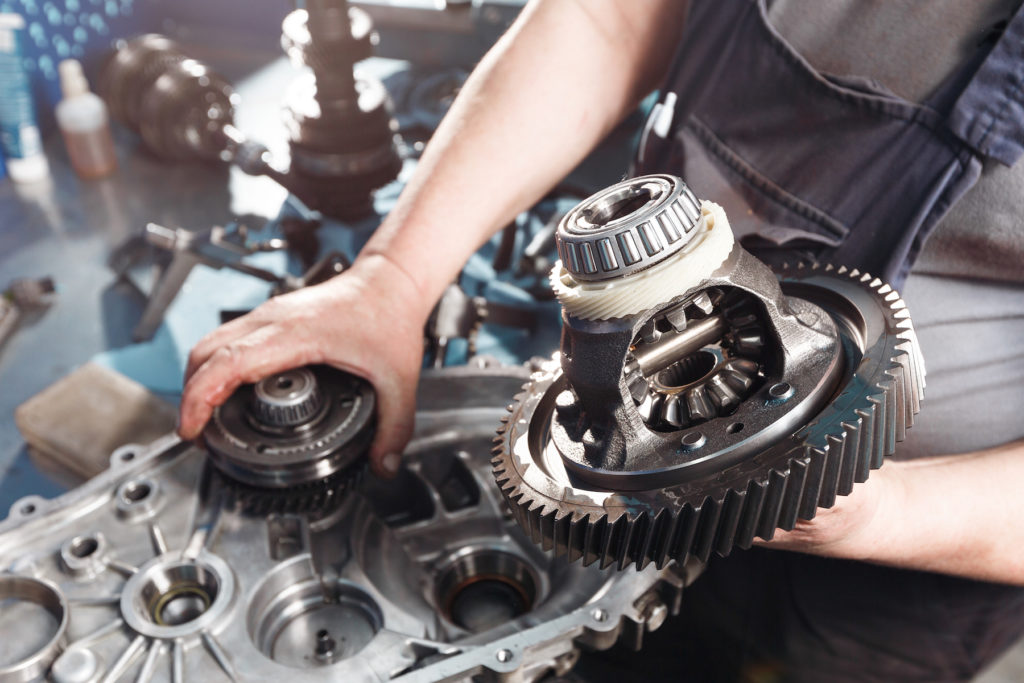Automotive parts can be very expensive. All kinds of parts coming from all over the world, some with complex manufacturing processes, some with high material costs, and others with an expensive logo on them. The idea of someone else making a generic version that you can get for upwards of half-price is tempting, and there are others that are double the price! What can you expect with these parts? Should you go with the factory standard or head into the aftermarket to see if external companies can make a better version or at least equivalent…
Are There Really Any Reliable Aftermarket Parts?
The short answer? Absolutely. But, as with all things in life you usually get what you pay for. A good rule of thumb is to look into reviews and look into the brand to see if they’re well known for quality. The aftermarket is a hit-and-miss area. Some brands have been around for years with exceptional build quality and reliability. Koni for example has been making suspension parts for the better part of 40 years and has up to lifetime warranties on their parts. Unfortunately, there are also some knock-off brands that make very inexpensive versions that more often than not have issues requiring the owner to replace them more often than the factory version.
One important thing to keep in mind is that many times if you replace factory parts with aftermarket versions, it will lower the value of the vehicle since it will mean the car is no longer stock. Certain groups of people will see value in the time and parts you may have put in, others will ask for a price reduction since they will want to put it back to stock, or make their own part purchases.
Should I Buy Aftermarket Parts from X Company?
If you look up “aftermarket parts challenger” you’re bound to find dozens of different sites selling dozens of company’s versions of the same parts. Which, if any, should you choose, and how do you decide? Well, the first step is due diligence, where you verify the quality of the parts for a company and find out if you can trust them to last in your vehicle.
Next, verify the company you’re buying from has a good reputation for customer service. This will help protect you from any problems that may arise where there is a failure that slipped past the company’s QA team. If everything is good there, then you’re probably safe to purchase a part or two from them. Keep receipts, and have a verified mechanic install them so that any warranties can be maintained since some manufacturers will void a warranty if the part is installed incorrectly or by an individual, rather than a shop.
Always check that your mechanic of choice is also alright with installing off-brand parts. Some will have stipulations on where the parts can come from, who can buy them, or whether they will even install aftermarket components at all due to their own warranties or liabilities. If you’re curious about some examples, you can always contact us at AG Auto, and we’ll be happy to point you in the right direction.

Is There a Reason Not to Buy Aftermarket Parts?
Many times if you go into the aftermarket parts world, let’s pick the suspension components for example, there will be “sport” or “racing” variants. When you’re in a race car going around a track, you want it to sit as flat as possible when cornering. This is great for lap times, as it keeps the most stable ride, but when you bring that into the city streets it makes for a bumpy and uncomfortable ride. They don’t absorb bumps as much as the standard set up on cars, so if you hit a speed bump or pothole, the whole car will shift roughly.
Other things like engine or transmission mounts, poly bushings, or even spherical bearings will have different stiffness ratings to stock as well. These will lead to better traction, stability, and more noise and vibration. The harder materials are more prone to squeaking and will allow vibrations from the powertrain, or whatever moving component attached to the cabin. It’s up to the owner what levels of each they are alright with. The rule of thumb here is that the more “race-oriented” or “performance-oriented” the part is, the more likely it will add to the NVH scale (industry acronym for Noise, Vibration, and Harshness) leading to less cabin comfort.
Are there Reliable Aftermarket Parts? – Finale Thoughts
Absolutely. However, it’s important to keep in mind that these parts may also come with a tradeoff of comfort, and you usually get what you pay for. Your best bet is to think about your goals for the vehicle, what you’re looking to get out of it, and how comfortable you are with less cabin comfort.
- Are you okay with a louder exhaust all the time? It can wear on your ears on a long drive.
- Are you okay with a harsher ride? More bumpy daily driving, but better corner response on the track.
- Do you like your cabin quiet? Performance parts will make it squeak, creak, and groan.
- Are you concerned with resale value? Aftermarket parts can cause this to tank.
If you ask yourself these questions, and you find the happy medium in aftermarket parts, then you can be a happy customer for life, but be careful since these aren’t cheap. Many times, an experienced mechanic will be able to tell you about certain brands as well, since they’re in the industry. If you need help finding a reliable mechanic you can trust, feel free to read our article or schedule a service with us in Portland, Oregon, and see why we’re rated so high on yelp and google ratings!
